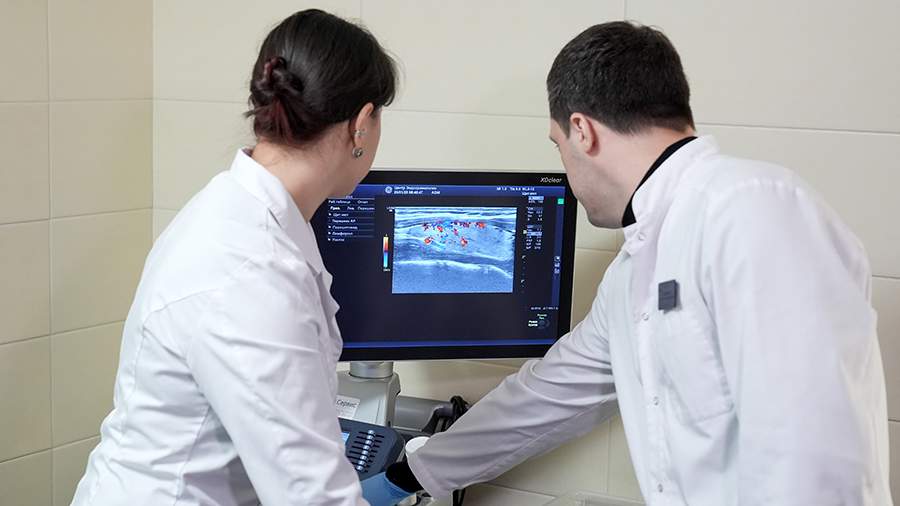The endocrinologist explained the role of testosterone in the female body
Testosterone plays a significant role in the female body. He is an active participant in the regulation of the menstrual cycle and plays a key role in maintaining sexual desire. Lidiya Bindyukova, an endocrinologist at Invitro, told Izvestia about this on April 5.
"Testosterone is produced in women in smaller amounts than in men, but it is no less important for their health. Excess or lack of testosterone can cause serious disorders in the body," the expert explained.
She clarified that this hormone is produced mainly in the adrenal glands and ovaries. In addition, testosterone is an active participant in the regulation of the menstrual cycle along with estrogens and progesterone.
According to Bindyukova, the hormone level in the blood depends on age. However, this indicator can be influenced by various factors: lifestyle, diet, intensity of sports and medications taken.
"In a healthy person, the hormone level varies depending on the time of day, that is, it is produced according to the circadian rhythm. Testosterone levels peak early in the morning and decrease significantly in the evening," the doctor noted.
She explained that women have fluctuations in the concentration of the hormone in the blood also depending on the phase of the menstrual cycle.
The specialist warned: An increased level of testosterone in the blood of women aged 18 to 50 years is considered to be more than 1.72 nmol / l. However, when evaluating this indicator, it is necessary to focus on the reference values used in the laboratory where the study was conducted.
However, she added that testosterone is produced in low concentrations before puberty. In adulthood, its values can range from 0.52 to 1.72 nmol/l. In addition, it can increase three to four times during pregnancy, and decreases significantly during menopause.
If there is a suspicion of an excess of male sex hormones — hyperandrogenism — in women, then Bindyukova recommended contacting an endocrinologist. The specialist will not only determine the level of testosterone, but can also prescribe studies for sex hormone binding globulin and other tests.
According to the expert, polycystic ovary syndrome is considered to be the most common cause of hyperandrogenism in women. Less commonly, the cause may be congenital dysfunction of the adrenal cortex, ovarian or adrenal tumors.
"Women who have elevated levels of male sex hormones in their blood tend to experience menstrual disorders: rare menstruation or lack thereof, as well as the cessation of ovulation, which can cause infertility," the doctor said.
According to her, increased testosterone levels in the blood can also affect appearance: excessive male-type hair growth appears, for example, on the face, chest, abdomen, acne, excessive greasiness of the skin and male-type baldness.
Earlier, on March 25, psychologist Yulia Vorobyova told Izvestia about the causes of weight gain from a psychological point of view. According to her, the psychosomatic nature of being overweight is the desire to protect oneself from the world, to appear bigger, to "have weight" in society. If you do not accept yourself, gaining excess weight is an attempt to compensate for psychological discomfort, increase your importance and attract attention by increasing your size. At the same time, a person may compare himself with other people, not understand his values, and depend on the assessment of others.
Переведено сервисом «Яндекс Переводчик»


